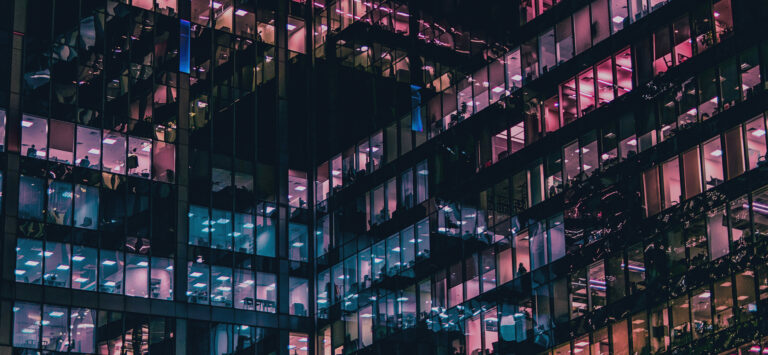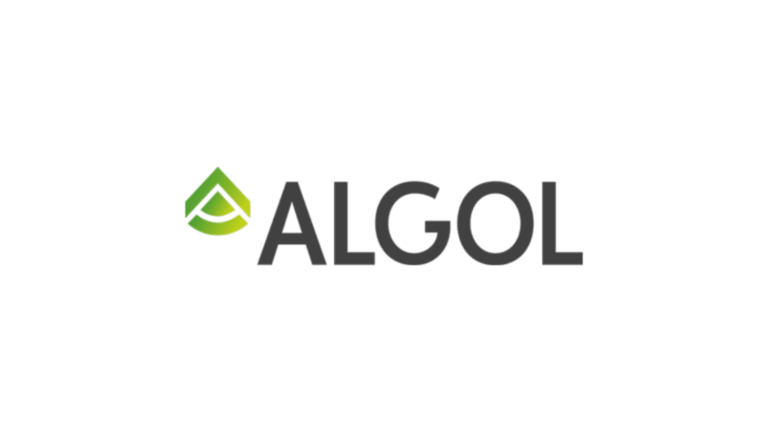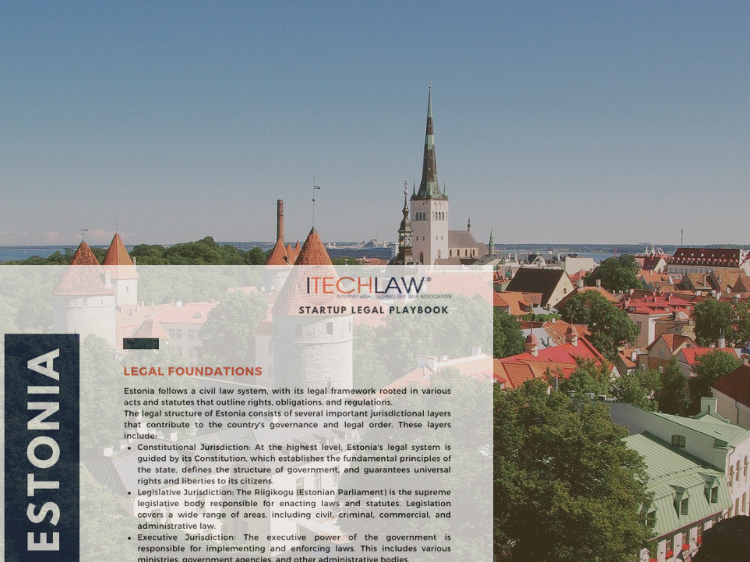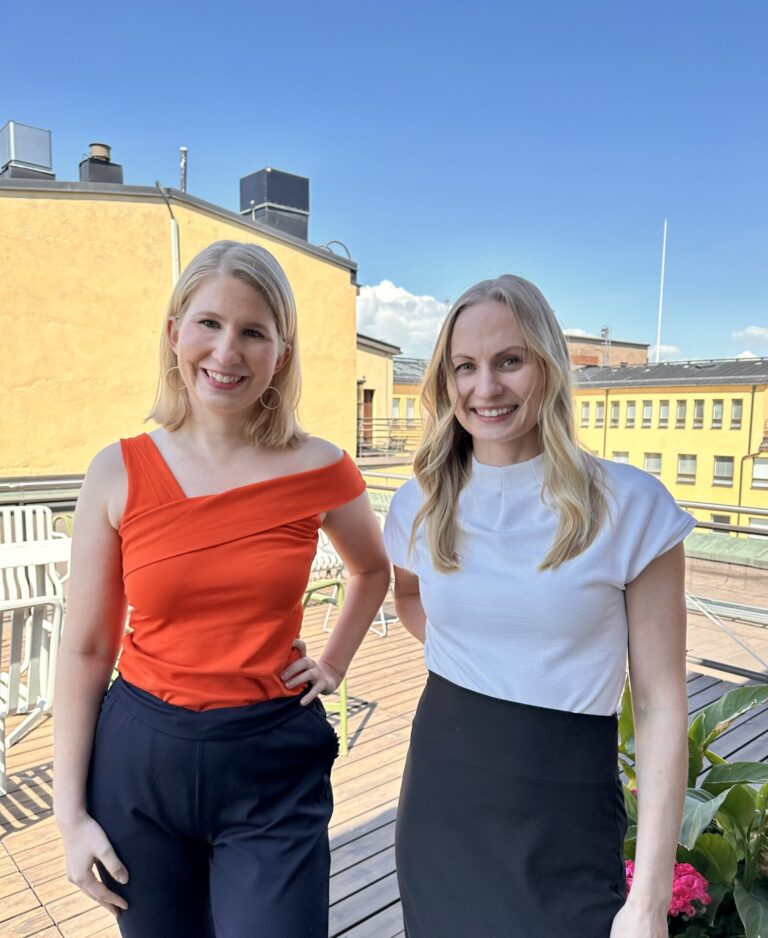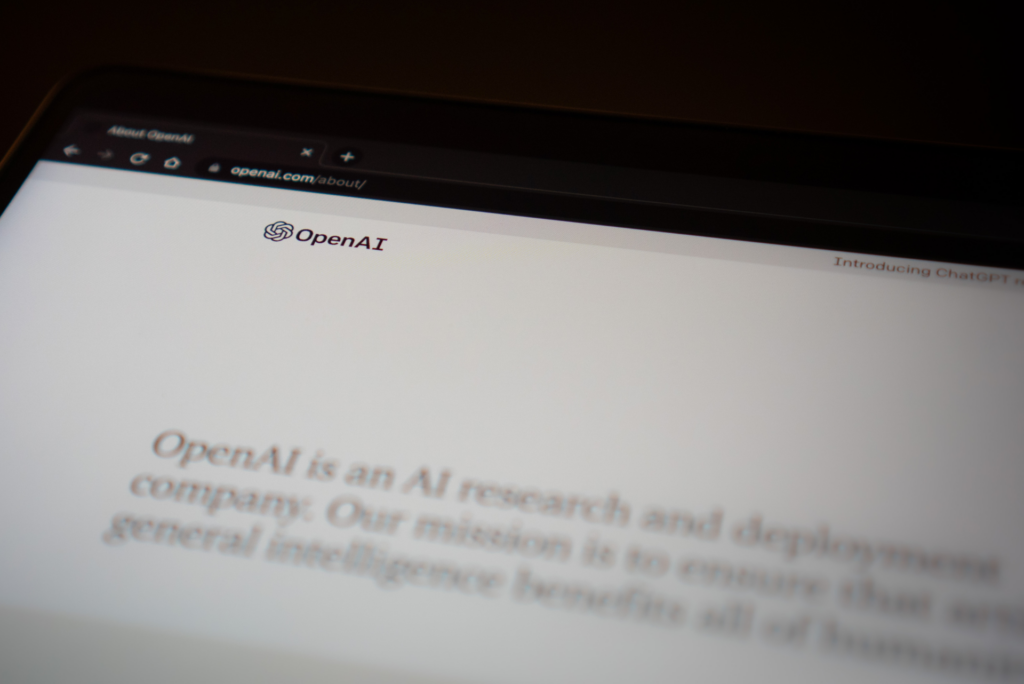
The topic of copyright in relation to generative AI has been generating a lot of questions ever since the birth of generative AI. In a recent survey of Fortune 500 companies by Acrolinx, 95,3% of respondents are either already using generative AI to create content or are planning to do so. Intellectual property came out on top for what concerns enterprises the most.
At their first-ever DevDay event, OpenAI announced their new program, Copyright Shield, and with it might come a few benefits to generative AI users regarding potential copyright infringement.
In its latest announcement, OpenAI states that it is “committed to protecting our customers with built-in copyright safeguards in our systems. Today, we’re going one step further and introducing Copyright Shield – we will now step in and defend our customers, and pay the costs incurred, if you face legal claims around copyright infringement.”
However, the aforementioned only applies to generally available (as opposed to client-tailored) features of ChatGPT Enterprise and OpenAI’s developer platform. Therefore, protections seemingly don’t extend to all OpenAI products, like the free and Plus tiers of ChatGPT which are widely used. This means that access to the offered protection is limited.
The Problem
A person using generative AI – a model that generates images, text, music, software etc. given a prompt — could easily infringe on someone else’s copyright through no fault of their own.
Generative AI models such as ChatGPT and GPT-4 learn from examples to generate new content. The models are trained on hundreds of billions of works, most of which come from public websites. The legality of training on data without its owner’s permission is another matter, but something that might land generative AI users in trouble is regurgitation – when a generative model “generates” a near-exact copy of a training example.
Not a New Approach
In the fast-changing landscape of generative AI, companies monetising the tech are approaching IP risks from different angles. Some have pledged to defend, financially and otherwise, customers using their generative AI tools in case of copyright litigation. Others have published policies to shield themselves from liability, leaving customers on their own should it come to legal trouble.
Big vendors in the AI space such as Anthropic, AI21 Labs, Stability AI, Midjourney and Runway.ai have all, according to their terms of service agreements, exempted themselves from covering damages arising from the use of their generative AI. However, some vendors see this as an opportunity to attract clients who may otherwise be reluctant to use generative AI solutions due to the copyright infringement risk.
Copyright Shield and other IP-protection offerings are essentially an indemnification clause in a contract – in this case, a software license agreement that a user of the generative AI model signs or accepts before using the technology.
Amazon’s CodeWhisperer, a code-generating service, offers indemnity that applies to all IP claims, including trademarks. However, it requires at least a CodeWhisperer Professional subscription with copyright-defending filtering features enabled. Free users of CodeWhisper aren’t afforded the same protections. In addition, customers must agree to let Amazon Web Services (AWS) control their legal representation and settle “as AWS deems appropriate.”
In some sense, having copyright-defending filters as a user-selectable option essentially confirms the existence of a serious copyright problem for AI-generated content.
IBM also provides IP indemnity for its generative AI models, Slate and Granite, available through its Watsonx generative AI service. According to an IBM spokesperson – “Consistent with IBM’s approach to its indemnification obligation, IBM doesn’t cap its indemnification liability for IBM-developed models. Google-backed Cohere has a provision in its ToS suggesting that it’ll “defend, indemnify and hold harmless” customers facing third-party claims alleging that Cohere’s models infringe on IP. Microsoft recently made an announcement that it’ll pay legal damages on behalf of customers using its AI products (Copilot) if they’re sued for copyright infringement as long as those customers use “guardrails and content filters” built into its products.
Kate Downing, an IP lawyer based in Santa Cruz has specifically commented on the Copilot indemnity provision, arguing that the vagueness of the provision and its exclusions mean that the upfront costs of enforcing the right might be too high from the customer’s point of view.
Already Licensed
Adobe on the other hand claims to offer “full indemnity” protection for users of Firefly, its generative AI art platform, asserting its models are trained on stock images for which Adobe already holds the rights. Users must again be enterprise customers, however. Adobe sometime-rival Shutterstock, as well as Canva, also provides indemnity to all enterprise clients and so does Getty Images. All the aforementioned companies train their models on licensed (stock) images.
OpenAi’s Role
Although valuable to users of the aforementioned other tools, these protections had limited meaning in the overall generative AI market because (until recently) they had been limited to tools with fairly narrow use cases.
Being arguably the most successful generative AI vendor today, with revenue approaching $1 billion, OpenAI has now decided to protect its clients as well. As discussed above – this is nothing particularly new, what is new, though, is the fact that arguably the most successful of the vendors is making this step thus offering protection to a significantly larger client base.
The objective is to attract developers in the ever-growing competitive market for generative AI tools. Some of the most attractive markets for generative AI include large companies, which will insist on indemnification clauses in licensing agreements for enterprise technology and view a lack of indemnification as a reason not to select a vendor. OpenAI is offering indemnification for ChatGPT Enterprise, a paid service that the company announced two months ago, which is geared towards large customers as well as ChatGPT API, a programming interface for developers. The aforementioned is presumably done on the rationale that the experience of individual programmers or small companies could lead to bigger enterprise deployments later. OpenAI is not offering indemnification for users of its extremely popular free ChatGPT tool, though, which has over 100 million weekly users.
At the time of writing, OpenAI’s terms of use have not yet been fully updated to provide all of the specific legal details of the Copyright Shield. On the other hand, independent authors of software code, images and music whose content might be accidentally (or perhaps non-accidentally) “copied” through an AI model might soon face bigger and better-funded legal teams when trying to protect their respective rights.
Prospective users of generative AI providers should continue to track market developments and review the upcoming updates to the terms and conditions of generative AI tools to assess the risk associated with output responsibility.
Magnusson’s professionals will be glad to assist on any matters regarding IP and AI.
Contact

Sander Peterson
Associate
Intellectual Property, AI Law, Commercial, Data Protection, Gaming, Marketing Law, Technology
Send me an email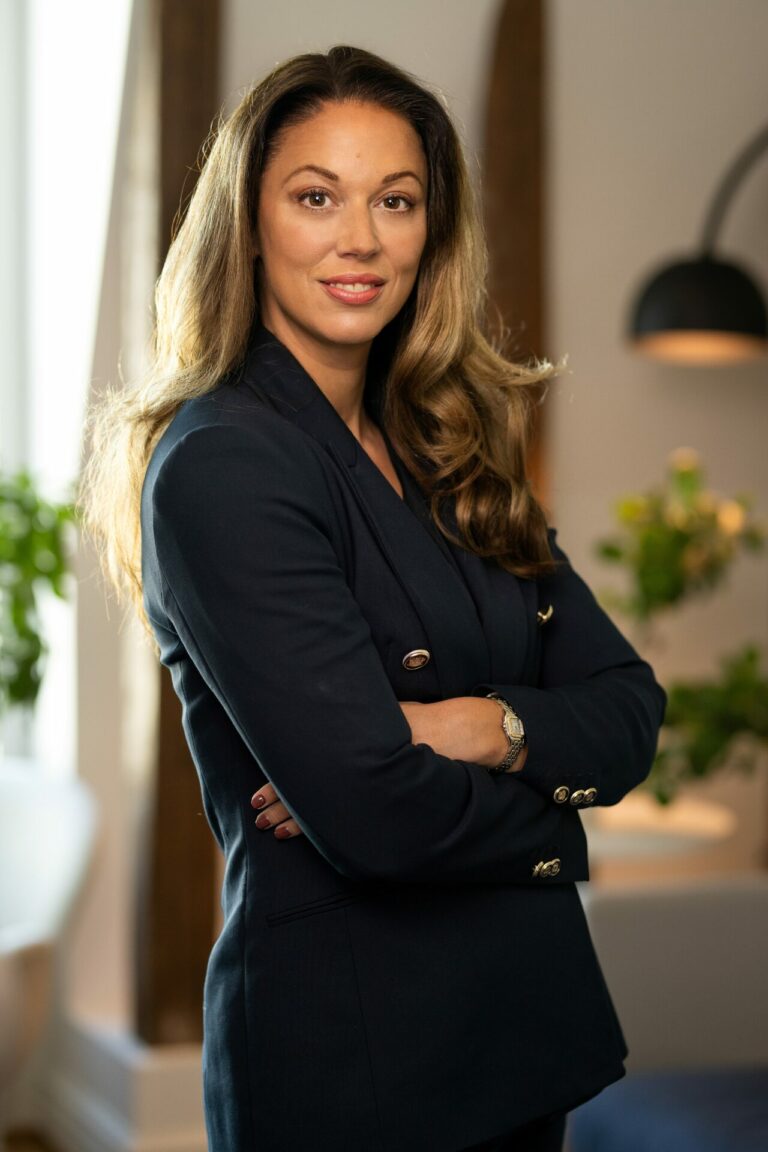
Helena Rönqvist
Partner / Head of IT/IP and Media
Commercial, AI Law, Data Protection, Intellectual Property, Media, Sports and Entertainment, Retail and consumers, Technology
Send me an email +46 8 463 75 00 +46 73 610 36 70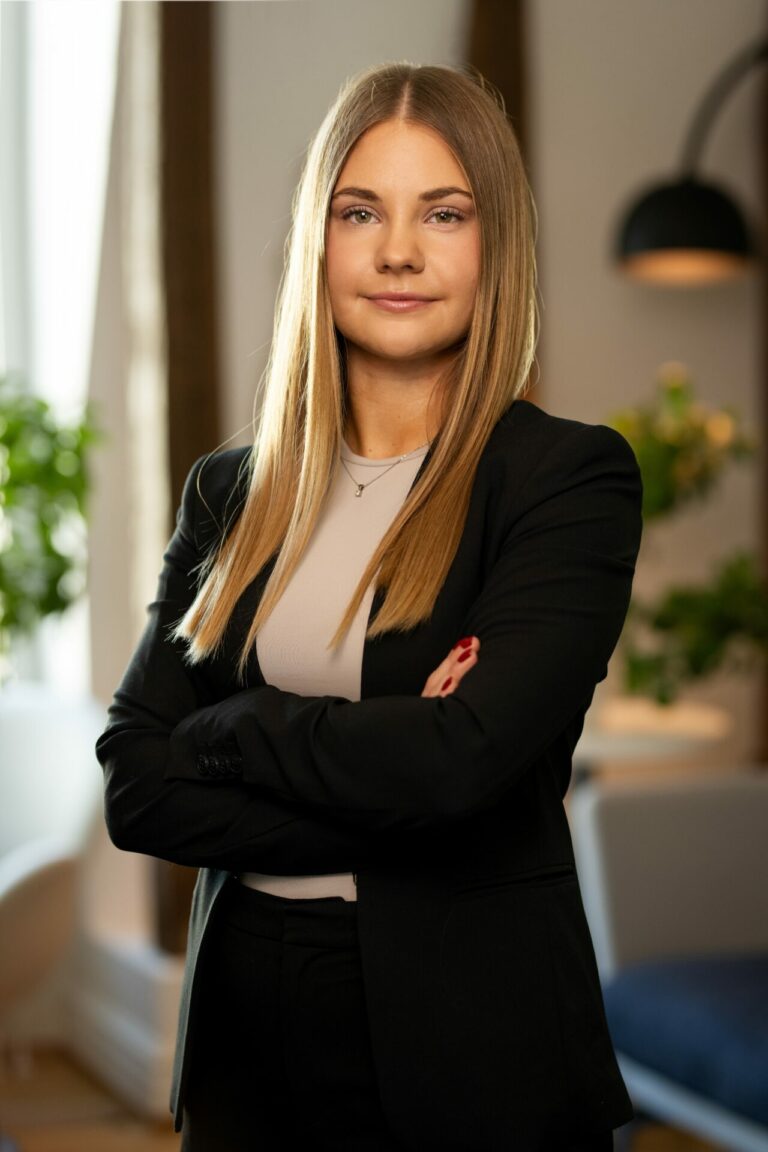
Vilma Slättegård
Associate
Technology, AI Law, Commercial, Data Protection, Intellectual Property, Marketing Law, Media, Sports and Entertainment
Send me an email +46 8 463 75 00 +46 73 036 10 08

